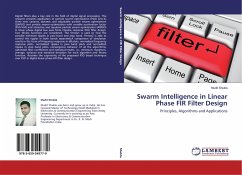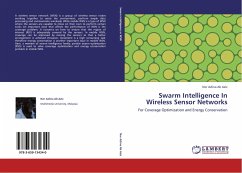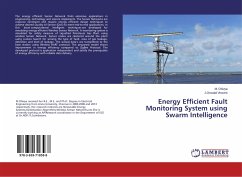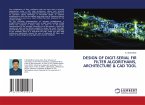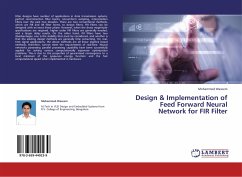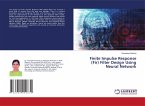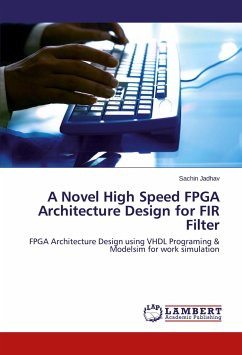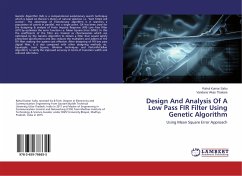Digital filters play a key role in the field of digital signal processing. This research presents application of particle swarm optimization (PSO) and its three new variants, dynamic and adjustable particle swarm optimization (DAPSO) and particle swarm optimization with variable acceleration factor (PSO-VAF) and attractive and repulsive particle swarm optimization (ARPSO) in linear phase digital low pass finite impulse response (FIR) filter design. Two fitness functions are considered. The fitness1 is used to find the possible minimum ripples in pass band and stop band. Fitness2 is able to control the ripples in both bands separately.A comparison of simulation results in the form of frequency response in dB plots, normalized frequency response plots, normalized ripples in pass band plots and normalized ripples in stop band plots, convergence behavior of all the algorithms, optimized filter coefficients and statistical results, i.e., minimum, maximum, average, variance and standard deviation for each algorithm and fitness function, illustrate the superiority of the proposed PSO based technique over PSO in digital linear phase FIR filter design.

